Saint Pierre and Miquelon
These colorful French islands spent a stint bootlegging booze during American Prohibition.
A handful of small, windswept islands a dozen miles off the coast of Newfoundland are virtually all that remain of the French colonial empire in North America. These islands, where colorful houses fill the port towns and directions are given using nicknames rather than street names, had a surprisingly shady hand in the bootleg booze business.
Explored by Europeans in the early 16th century but sparsely populated until the mid-18th century, control and ownership of these islands repeatedly flipped back and forth between the United Kingdom and France until 1815, when hostilities between the two world powers settled down. But perhaps the oddest chapter in the history of this colonial outpost coincided with the 20th-century American prohibition of alcohol.
Virtually overnight, the 1919 amendment to the United States Constitution sparked a new industry on the islands. Alcohol producers from around the world began shipping their goods first to these French islands before having them smuggled illegally into various points along the eastern seaboard of the U.S. aboard rumrunner ships. Infamous American gangsters and bootleggers like Al Capone and Bill McCoy took advantage of the islands’ proximity and deepwater ports to smuggle goods into the U.S.
The sudden development of the alcohol trafficking industry had a dramatic impact on the lives of the locals. Because their fishing industry had already been weakened by World War I, many residents stopped fishing and began working to unload and store the goods brought by the steady stream of alcohol-bearing ships. The French government also increased its investment in the islands, improving and expanding the harbor and storage facilities to meet the growing industry. Existing fish processing plants were shut down because of a lack of available employees, distilleries were established, and warehouses formerly used to store fish were converted to house booze.
However, as fast as it rose, this boom industry came crashing down in 1933 when prohibition was repealed. Island residents returned to their fishing traditions, and the “boom town” prosperity the smuggling provided quickly dissipated, as did the unique and outsized role of these small islands in the story of American prohibition.
Community Contributors
Added by
Edited by
Plan Your Trip
The Atlas Obscura Podcast is Back!



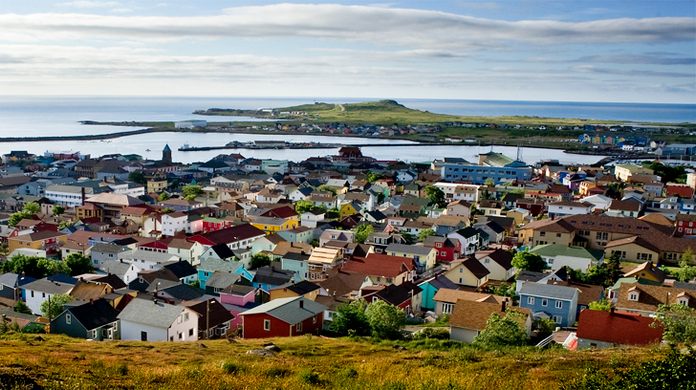
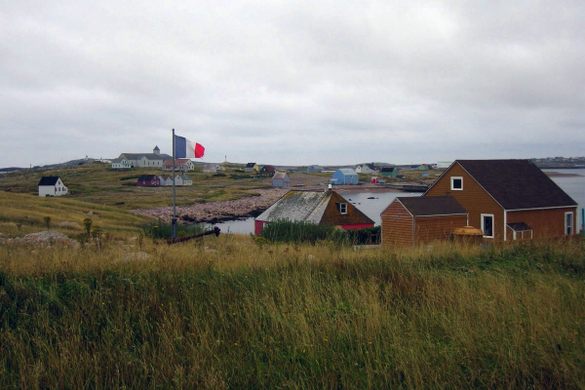
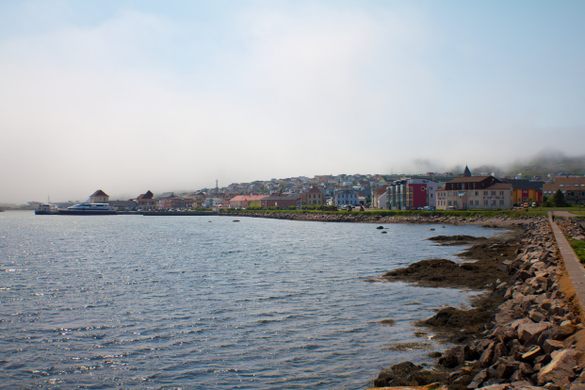



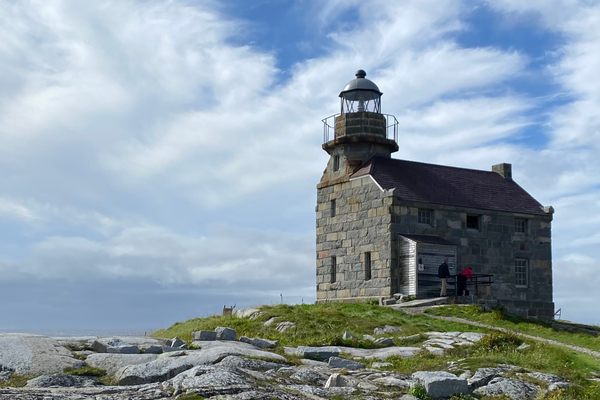



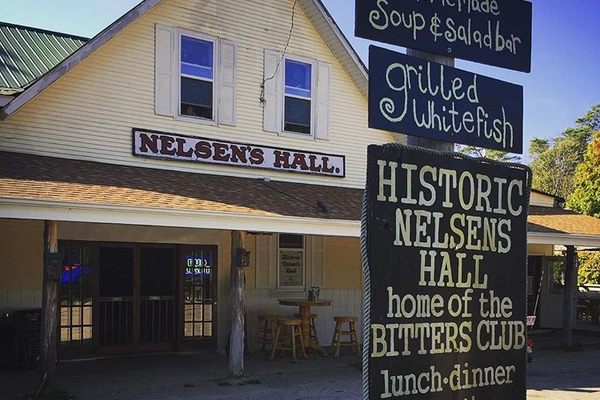

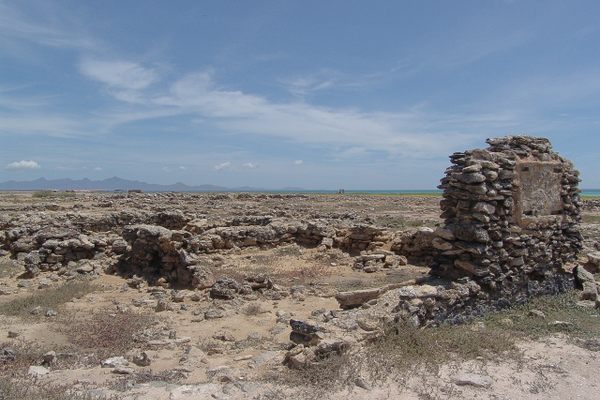


Follow us on Twitter to get the latest on the world's hidden wonders.
Like us on Facebook to get the latest on the world's hidden wonders.
Follow us on Twitter Like us on Facebook